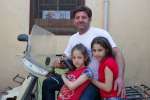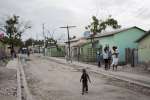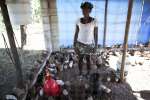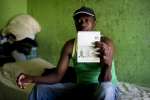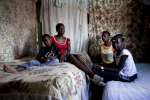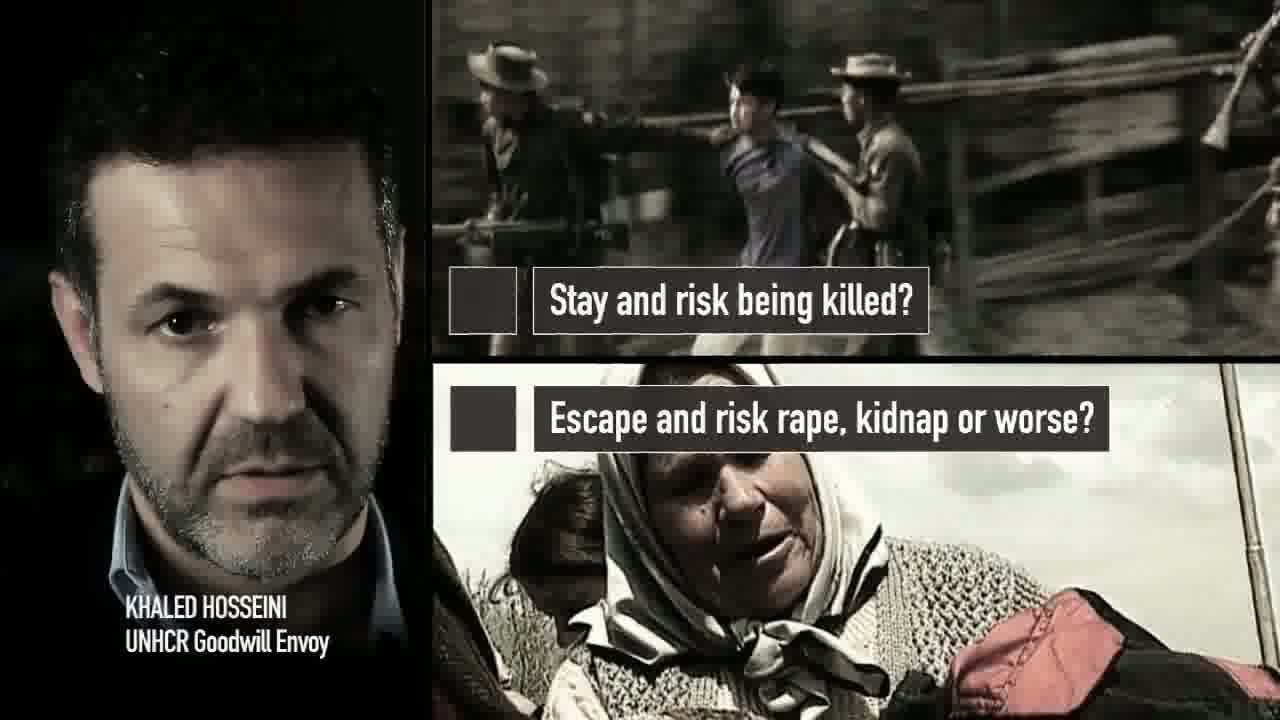- Text size
 |
|  |
|  |
| 
- Français
UNHCR urges Dominican Republic to refrain from deportations of stateless individuals
Briefing Notes, 19 June 2015
This is a summary of what was said by UNHCR spokesperson Adrian Edwards – to whom quoted text may be attributed – at the press briefing, on 19 June 2015, at the Palais des Nations in Geneva.
UNHCR is today appealing to the Government of the Dominican Republic to ensure that people who were arbitrarily deprived of their nationality as a result of a 2013 ruling of the Dominican Constitutional Court will not be deported.
In May 2014, the Dominican Republic adopted a naturalization law which provided for the re-issuance of nationality documents for some individuals born in the Dominican Republic and gave others the possibility to apply for special registration until February 2015, opening a path to eventual citizenship. In a welcome development, the Dominican authorities have concluded an audit of the first group whereby some 57,000 individuals could be reasonably presumed to have found a solution, but tens of thousands of people who were born in the Dominican Republic and are of Haitian descent remain stateless. The consequences of their eventual expulsion to Haiti could be devastating.
UNHCR is concerned both about the human rights considerations for people who may be expelled and that people may end up being pushed into Haiti even though they are not considered as citizens of that country. This would have serious repercussions for all who are affected and be a serious setback to efforts worldwide to end the problem of statelessness.
It is of the utmost importance that the Dominican Republic takes necessary action to prevent any expulsions of stateless individuals because of the human rights implications and to avoid creating a new refugee situation. The Dominican authorities have announced that they will conduct screenings of all individuals subject to deportation. UNHCR has offered its support to the Dominican authorities to identify and register these individuals.
UNHCR reiterates its commitment to working with the authorities in the Dominican Republic to find an adequate solution for this population and to ensure the protection of their human rights.

